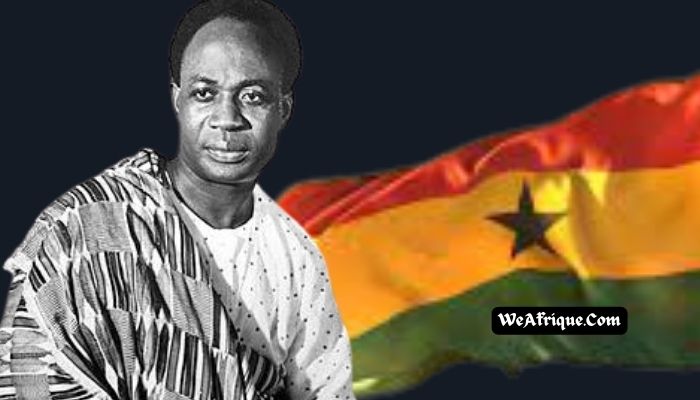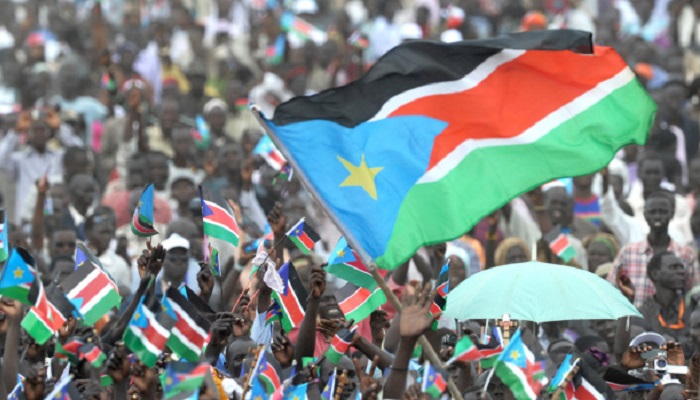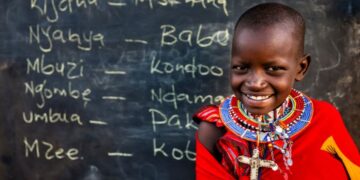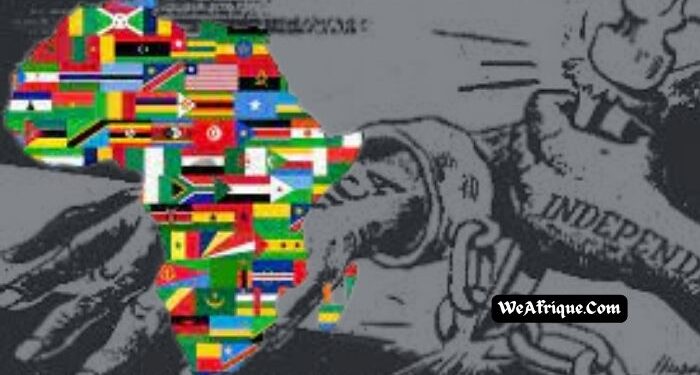There are 54 independent African countries that were once the former colonies of other European countries like Britain, France, and Portugal. While some never became colonies, there are different views of the first country to gain its independence with many linking it to Ghana in 1957.
Aside from this, there are others that trace it to Egypt, South Africa, and Liberia due to the years they were granted self-rule despite still remaining a part of their former colonial masters.
Is Ghana Truly The First African Country To Gain Independence?

Over the years Ghana has been described as the first African country to gain independence due to its being a full colony under British control. During the Berlin conference of 1884/1885, the European powers made the final arrangement of territories and it was there that the modern boundaries of African countries were set.
No wonder Ghana which was a recognized colony is seen as the first independent since others had to through a process of declaring independence but without gaining international recognition.
Moreso, after Britain granted independence to the west African country, it played a pioneering role for other countries soon after.
Many argue that there are others like Egypt(1953), Liberia(1847), and Ethiopia that should be among the first based on the dates that they gained independence. Yet, this view is refuted by many who feel some of these countries like Egypt were only protectorates and it was in the 50s and 60s that they gained self-governance.
Away from this, South Africa which is also one of the oldest colonies in Africa went through phases of gaining self-rule. Going as far back as May 31, 1910, when Britain granted its independence, there was a sharp division among its population as the white minority rule pushed others parts of the population away from governance. This laid the foundation for the racial laws also known as apartheid. Also, the country remained a part of the British empire till 1960 when it became a republic, and in 1994 when apartheid ended.
Ghana Championed the Course of Independence on the Continent
Whatever the case about Ghana being the first to be free from colonial rule under the nationalist Kwame Nkrumah, many countries drew strength from the West African nation after the British handed over to it in 1957.
Moreso, Nkrumah who also served as the first leader of the country first passed the white paper seeking the independence of his country back in 1956. The basis for his and other nationalist demandsUnlike most who had to physically take up arms against their colonial masters, Ghana’s nationalists towed a peaceful path which has added to its pride as the black star.
Earliest African Countries That Got Independence
- Liberia-July 26 1847: it started as a territory for former African slaves and those running away. It declared itself independent on July 26, 1847, from the United States of America. While its independence date makes it the first, many do not consider Liberia a formerly colonized country.
- Libya-1951, 24 Dec.: Its independence in 1951 was as a monarchy. Despite this, Libya also recorded a military coup that led to a change of the monarchy while bringing in Muammar Gaddafi in 1969.
- Morocco-March 2, 1956, April 7, 1956: It got independence in 1956 as a protectorate of France but it did not end the presence of France as they maintained an interdependence
- Sudan- January 1, 1956
- Tunisia-march 20, 1956: Like its north African neighbor, Morocco, Tunisia’s independence like Morocco offered little control to the Tunisians.
- South Africa-May 31, 1910, 1961
The Independence Decade and Self-Rule In Africa
Following Ghana’s independence, many African countries followed suit and got independent between 1960 and the 70s, a period often referred to as the independence decade.
Notably, not all countries got self-rule peacefully, especially former colonies like Algeria, Madagascar, and Congo which had to fight the colonial authorities. As for Algeria, the French ruled the country for 132 years till 1962 when it got independence after resisting the French government and even fighting the Algerian war.
Aside from Algeria, many countries moved to self-rule within this period due to the experiences of WWII and the need of all people in the world to govern themselves. In 1960 alone, 17 countries got independent. This includes;
- Egypt- March 28, 1922( British army left), 1960
- Cameroon-January 1, 1960
- Senegal- April 4, 1960
- Togo-April 27, 1960
- Madagascar- June 26, 1960
- Congo Kinshasa- June 30, 1960
- Somalia-July 1, 1960
- Benin- Aug. 1, 1960
- Niger- Aug. 3, 1960
- Burkina Faso-Aug. 5, 1960
- Côte d’Ivoire- Aug. 7, 1960
- Chad- Aug. 11, 1960
- Central African Republic- Aug. 13, 1960
- Congo (Brazzaville)- Aug. 15, 1960
- Gabon- Aug. 16, 1960
- Mali- September 22. 1960
- Nigeria- Oct. 1, 1960
- Mauritania- Nov. 28, 1960
See Also: African Countries And Their Capitals, Independence, And Currency
Which is The Youngest Nation On The Continent?

At the moment South Sudan is the youngest and 54th country in the continent after it ceded and declared its independence from Sudan on July 9, 2011.
Prior to this, the position of the youngest country was held by Namibia following its independence from South Africa on March 21, 1990. Also, it marked the end of colonialism in Africa
Moving forward, in the years after African countries gained self-rule, they were faced with the challenges of leadership which often led to civil wars and coups.
One of the bloodiest wars and the longest is the Sudan civil war whose causes can be traced to the British divide-and-rule policy that left the south underdeveloped against the north.
Not only did the war lead to the destruction of life and property, but it also caused a great displacement of millions of people one of which is ‘the lost boys of Sudan’, the fleeing of more than 20,000 boys and girls.
While other conflicts have not led to breakaways, there may be other new nation-states that will emerge.





















Discussion about this post